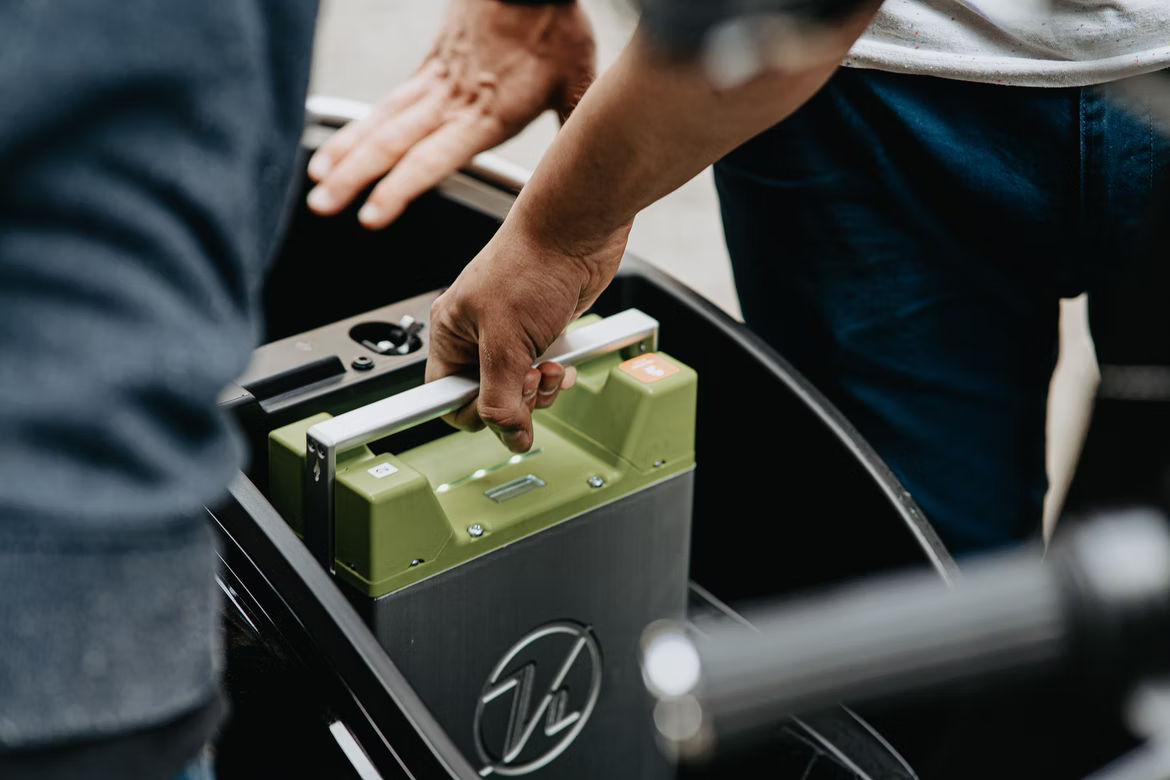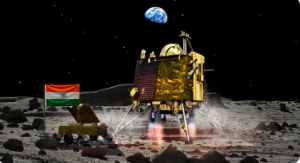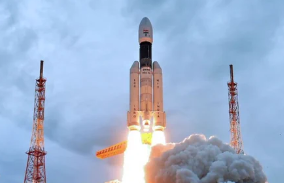The government of India may reduce the goods and services tax (GST) on lithium-ion batteries to put them in line with taxes on electric vehicles (EV), which are now at a minimum of 5%, reported Mint.
Also Read| BLS International share surges over 10% on acquiring ZMPL for Rs 120 crore
The tax on lithium-ion batteries is 18%. With the drive for battery swapping policies, talks on tax rationalisation have picked up steam. EV sales in April were 72,519 units, a significant increase over the 14,179 units sold a year earlier but a decrease from March sales of 77,243 units.
Also Read| Sensex falls over 270 points while Nifty around 16,280 in early trade
On June 7, the government think tank NITI Aayog, the ministries of new and renewable energy, heavy industries, and other government agencies convened for the first time to discuss the battery-swapping strategy.
Also Read| Fuel price June 9, 2022: Petrol Rs 96.72, diesel Rs 89.62 in Delhi
According to the report, along with tax rationalisation, the panel also discussed battery standardisation to assure interoperability.
The government is examining numerous options for accelerating its green mobility goals. Any tax changes must be approved by the GST Council, although the Niti Aayog is anticipated to propose a suggestion.
Also Read| US Stock Market: DJIA, S&P500, Nasdaq and Russell ended in red on Wednesday
In 2018, the council reduced the GST rate for lithium-ion batteries from 28% to 18%. With a renewed focus on the EV ecosystem and more manufacturers joining the race, there is a renewed need for price parity between batteries and EVs, given the latter is taxed at a considerably lower rate of 5%.
Also Read| Trending Stocks: BPCL, PNB, Wipro, Tata Power and others in news today
Amitabh Kant, the Head of NITI Aayog, stated in December that the government is working on lowering the GST on EV batteries. Furthermore, the research tank’s draft policy advocated that battery taxes be rationalised.







